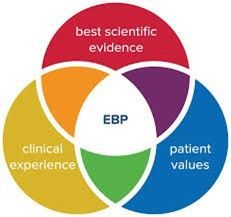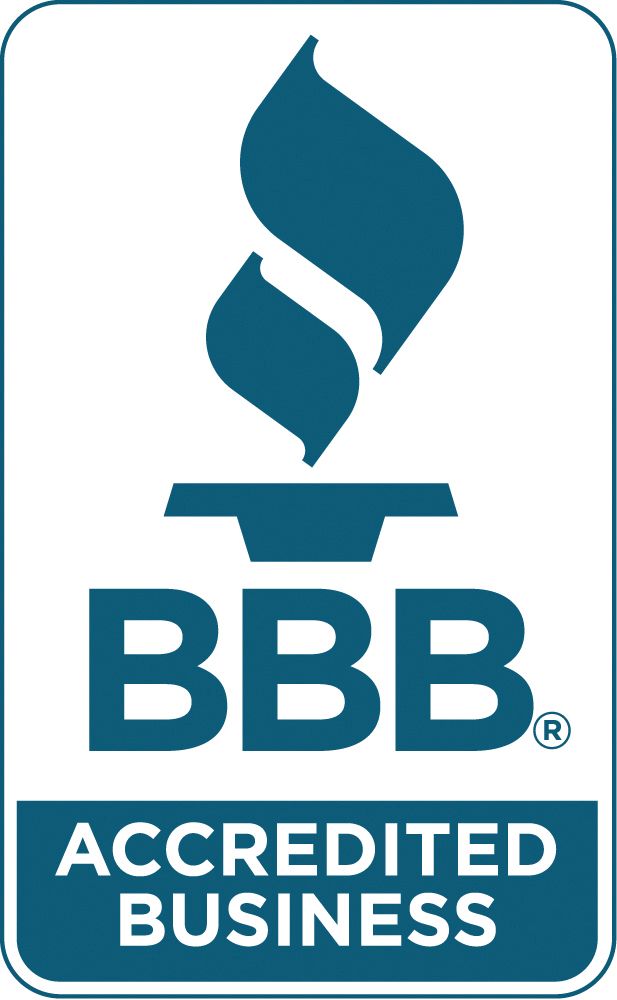Assessing Youths: 4 Factors in the Biopsychosocial Model
Before treatment starts with any youth, the assessment phase must occur. Assessments take on two different phases in treatment. The initial evaluation occurs once the youth admits to treatment. It can happen in one session to develop preliminary concepts about the youth’s condition and determine a diagnosis. While ongoing assessments continue as the youth is in treatment to gather more data and reevaluate periodically while the youth is in care.
The most comprehensive approach to evaluating a youth is the biopsychosocial assessment. Youths are not one-dimensional; focusing only on behavior problems leaves out their complex experiences. Four factors of the biopsychosocial assessment exist:
1. Biological- the youth’s medical condition, their health, and other features impair their functioning. A child on antihistamines may have trouble sleeping, resulting in concentration problems in school. Their nutrition, sleep, health, and development offer vital clues about their actions.
2. Psychological-how a youth, thinks, feels, and acts impacts their psychological way of life. Think of it as the CBT of assessments and how they interact with each other. A female’s beliefs of low self-worth can lead to depression and the use of Adderall to feel better.
3. Social- a youth is not an island; they interact with others. The assessor learns about their social network, their interactions with family, the socioeconomic status, and how it relates to the youth. A male living in poverty may steal from others to help the family pay their bills.
4. Cultural- not thought of in the traditional context of biopsychosocial evaluations, information about the youth’s religion and culture give a sense of how the youth perceives the world. Their values and beliefs come from their heritage and can benefit their resiliency. A transgender youth’s functioning suffers when their family rejects them, or they have no connection to other trans individuals.
The whole picture gives the clinician the ability to better plan treatment. Praxes’ clinical decision support system, Apogee, integrates with the biopsychosocial assessment to provide treatment skills and interventions.
And Praxes is also offering a live streaming training course on Assessment of Children. For more information, please contact us.




